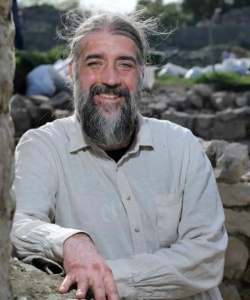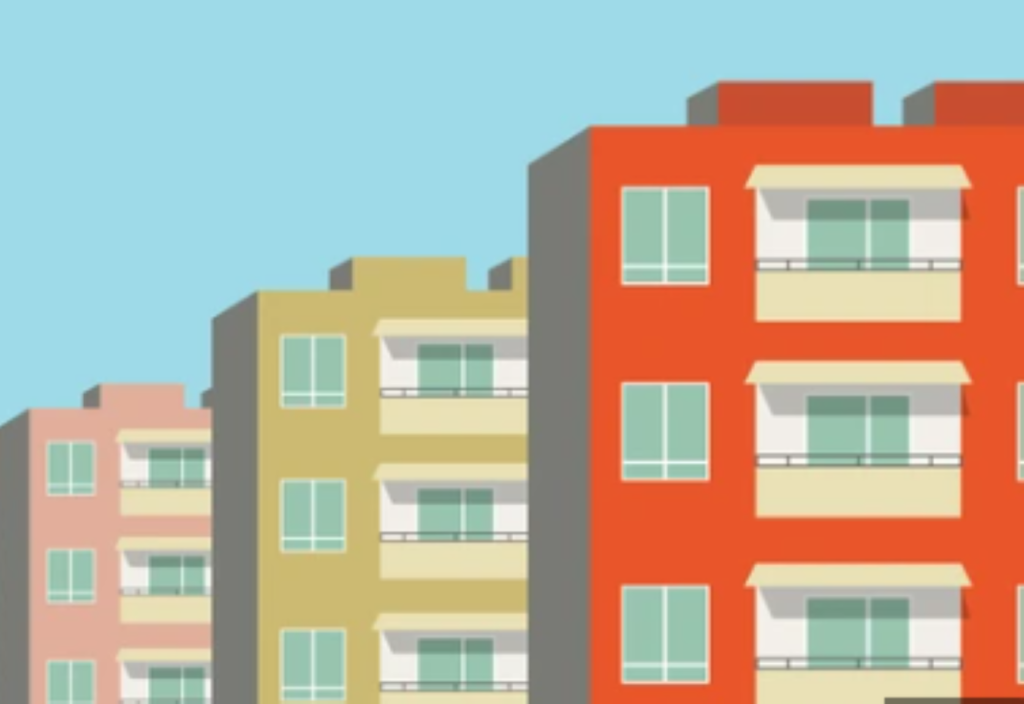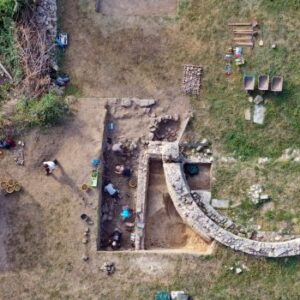2025 EXCAVATIONS AT SALONA, CROATIA:
THE ROMAN CAPITAL OF THE EASTERN ADRIATIC
Open
Sep 14-Oct 11, 2025
Archaeology
Dr. Dino Demicheli
$4,700
Jun 27, 2025
Jul 26, 2025 at 10:00am Pacific Time
8 Semester credits
READ BEFORE APPLYING
This program provides full accommodation, lunch & snacks for days working at the site. Students are responsible for their own breakfast and dinner during days of excavation and all meals for days off (weekends).
OVERVIEW
Salona was the capital of the province of Dalmatia and the most important Roman site on the Eastern Adriatic. As a Roman colony, it was established in the 1st century BCE, and it lasted until 7th century CE when raids from Avar and Slavic peoples conquered Salona and forced its inhabitants to flee. It is probably the only provincial capital that didn’t develop into a medieval and, consequently, a modern city. Instead, the royal medieval city of Solin was founded at the eastern outskirts of Roman Salona, whose remains served as a quarry for not just Solin and surrounding places, but also for Split and even as far as Venice.
Salona has been excavated for more than 200 years. Yet most of the Roman city area – about 80% — is still unexcavated and unknown. There is much we need to know about Salona, including its building sequence, its integration of local population with Italian Romans, and its economic and political organization and institutions.
Our program is focused on digging at two distinct locations. The first area (Site 1) is a late antiquity building complex, dated to the 4-6 Centuries CE, with enigmatic design and unknown function. The second area (Site 2) is focused on the towers dotting the city’s walls, dated to the 2-4 centuries CE. To elevate the floor within the towers, the builders brought soil rich with ceramics from elsewhere at Salona (likely the nearby cemetery), creating a highly packed time capsule.
Both locations are rich in archaeological material, primarily pottery. They also contain other materials typical to a Roman city, including stone inscriptions and human remains. The first excavation location offers more complex stratigraphy, attesting to at least four centuries of using the same space (pre Roman and Roman periods), with the remains of several buildings from different occupation levels. The second excavation location offers a unique experience of understanding the building technique of a defensive tower. Namely, the layer below the floor surface consists of intentionally placed archaeological material. Because of that, we need to sift all the dirt we excavate, which brings to light not only pottery, bones and shells, but also many items that can be interpreted as personal belongings and grave goods.
The map ID you have entered does not exist. Please enter a map ID that exists.
Instructors
All field school directors are experts in their field and passionate about their work. To discuss the suitability of this program for your career goals – whether within or outside academia – you are invited to contact the directors directly. For a broader discussion which CFS program to choose, you are welcome to contact our staff directly – you can do that through our “Contact Us” page.

Dr. Dino Demicheli
University of Zagreb
Testimonials
This is a new program. There are no testimonials at this time
student fees (tuition)
what is covered
-
DEPOSIT IS PART OF TOTAL TUITION COST
-
Costs of Instruction
-
Room & Daily Lunch
-
Cost of Academic Credit Units
-
Health and Evacuation Insurance
read befor you pay
- Application: You must apply online for this program – application is free
- Deposit: A $300 nonrefundable deposit (part of the total tuition cost) is required to secure a space in the program
- Credit Card Fee: Payments with credits cards incur 2.5% processing fee
- Late Fee: A $100 Late Fee will be added to the program costs if tuition is not paid in full by payment deadline
- Cancelation Policy: Carefully read our Cancelation Policy before committing to attend our programs
- Trip cancellation Insurance: Trip cancellation insurance is not provided by CFS. Such policies have changed due to Covid 19. If you wish to purchase an insurance policy that covers pandemic contingencies, explore Cancel for Any Reason (CFAR) plans. Insuremytrip or Travel Guard are possible websites where you may explore different insurance policies
Accommodations

Students will reside in apartments in Solin (pop. 25.000), 3-5 students per apartment, depending on size and number of rooms. The apartments are within walking distance to the site. All apartments are air-conditioned and have Wi-Fi. Linens and towels are provided.
diet

This program provides full accommodation, lunch & snacks for days working at the site. Students are responsible for their own breakfast and dinner during days of excavation and all meals for days off (weekend). Some diets (vegan, vegetarian, etc.) may be accommodated at this program but must be communicated with and approved by the project director.
There are numerous well-supplied supermarkets and excellent resturants at Solin for all types of diets and these are open every day (some don’t work on Sundays).
travel information
We suggest you hold purchasing your airline ticket until six (6) weeks prior to the departure date. Natural disasters, political changes, weather conditions and a range of other factors may require the cancellation of a program. The CFS typically takes a close look at local conditions 6-7 weeks prior to the program beginning and makes a Go/No Go decision by then. Such a time frame still allows for the purchase of deeply discounted airline tickets while protecting students from potential loss of airline ticket costs if CFS is forced to cancel a program.
Students will be met at the arrival area of the Split International Airport (SPU) on the first day of this field school (Sunday, September 14th) at 4:00pm. The meeting point is at the official “Meeting Point” sign, at the arrival area. From there, students will be transported to local accommodations.
visa information

Citizens of the US, Canada and EU countries do not require visas to enter Spain. You will need your passport to be valid for at least 90 days and will enter on a tourist visa. Citizens of other countries are asked to check the embassy website page at their home country for specific visa requirements
No vaccinations are required for entry to Italy but anyone working in archaeology in the country needs to have an up-to-date tetanus shot
Meeting Point
| Date | Time | Location |
|---|---|---|
| Sep 14, 2025 | 4:00pm | Arrival area of the Split International Airport arrival area, at the official “Meeting Point” sign. |
Safety
Our primary concern is with education. Traveling and conducting field work involves risk. Students interested in participating in our programs must weigh whether the potential risk is worth the value of education provided. While risk is inherent in everything we do, we do not take risk lightly. We engage in intensive review of each field school location prior to approval. Once a program is accepted, we review and monitor each program annually to make sure it complies with all our standards and policies, including student safety.
Students attending our international programs are covered by a comprehensive Health Insurance policy that includes physical illness or injury, mental or chronic conditions. There are no deductible and 100% of costs are covered up to $250,000. In addition, we provide Political & Natural Disaster Evacuation policy, which allow us to remove students from program location if conditions change.
Students attending our domestic programs (within the US) must have their own health insurance and provide proof upon enrollment. Program directors are familiar with local authorities and if in need of evacuation, local emergency services and/or law enforcement will be notified and activated.
We have an explicit and robust harassments & discriminations policies. If students feel they cannot discuss personal safety issues with program staff, they are welcome to call the CFS emergency hotline and talk directly with CFS staff members.
Call (+1 562 584-0761) or email (info@fieldsciences.org) if you have questions about the safety of any program.












